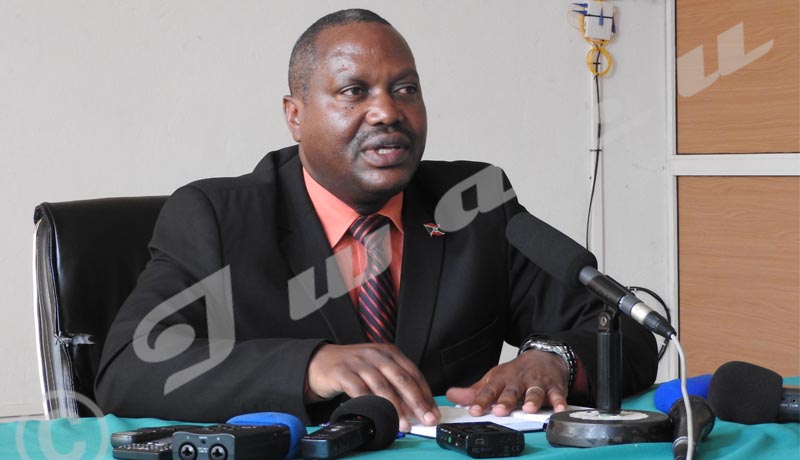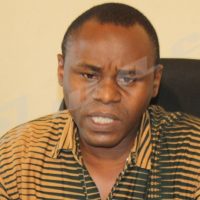Déo Guide Rurema, Minister of Environment, Agriculture and Livestock has said experts from the government and the World Bank have conducted an audit and discovered that stakeholders in the coffee sector didn’t work in transparency.

Déo Guide Rurema: « We want to revitalize the coffee sector»
“There were serious problems related to the good management and repatriation of foreign currencies to the Burundi Central Bank”, he said.
The Agriculture Minister has also said the government had no right to follow closely the coffee sector. “The government was only consulted when problems occurred,” he said.
Mr. Rurema also added that coffee farmers have not been paid on time. “We thought all coffee farmers would be paid by last August, but we have noticed that we achieved the payment of coffee farmers at 98%.”
He said five institutions that have been late in the payment process of coffee farmers have only one month to pay all arrears. “If they exceed that period, serious measures will be imposed upon them,” he said.
For Minister Déo Guide Rurema, the government is determined to ensure good governance in the coffee sector. “We want to manage well the sector and work in transparency for sustainable development,” he said.
According to him, Burundi government was forced to leave the coffee sector in 1991. “From now on, the government will work together with all stakeholders and partners to revitalize the coffee sector,” he said.
The government has previously collected 47,653 tons of coffee cherry out of 75 thousand tons expected to be collected and 8,573 tons of fully- washed coffee. About 5,296 tons of green coffee and another 2,100 tons were already sold at $ 6,468,392. He also said that a sum of only $44,920,456 was repatriated to the Central Bank instead of the expected $47,506,943.
For the 2019/2020 coffee season, the government expects to collect 110,380 tons of coffee cherry and 17,660 tons of coffee washed.


















 IWACU Open Data
IWACU Open Data

